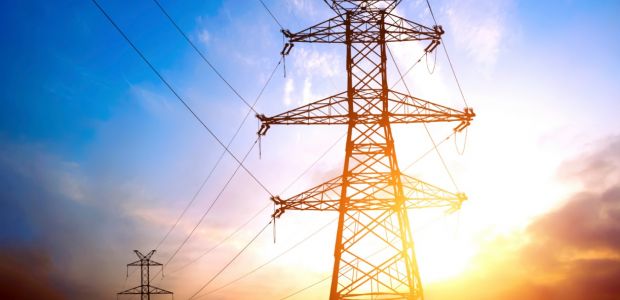Greece is not expected to encounter grid insufficiency issues from 2025 to 2030 but the period between 2022 and 2024 could be a concern, ENTSO-E, the European Network of Transmission System Operators for Electricity, has warned in a latest report covering Europe.
Greece has decided to withdraw most of the country’s lignite-fired power stations by 2023, ahead of the arrival of the new Ptolemaida V facility, for which finalized fuel decisions have yet to be taken, the ENTSO-E study pointed out.
The grid entry of new natural gas-fueled power stations in the second half of the decade is expected to offer equilibrium to any grid sufficiency issues, the report added.
Independent energy groups are currently planning and developing natural gas-fueled power stations, but, for the time being, a Mytilineos group unit is the only upcoming addition, planned for a launch in late 2022. All other investments are not expected to operate before 2024.
This could cause grid sufficiency issues between 2022 and 2024, if lignite-fired power stations are withdrawn without being replaced by natural gas-fueled power stations, the ENTSO-E report noted.
It also made note of Greece’s dependency on electricity imports during periods of shortages, highlighting the country’s grid is highly susceptible to extreme weather conditions. Greece will no longer be able to fully depend on electricity imports, the reported noted.
Also, the installation of batteries and pumped storage stations should not be considered a given as such investments will depend on regulatory framework conditions, ENTSO-E noted.





